Environmentally friendly zero-plastic small paper cups become a "green accelerator" in the coffee industry
Share

The rapid growth of the coffee and takeout markets has driven a sustained increase in demand for disposable paper cups. However, traditional paper cups mostly use polyethylene (PE) or polylactic acid (PLA) coatings. The former is difficult to degrade, and the plastic layer cannot be effectively separated during recycling. The latter, while biodegradable, requires specific industrial composting conditions and involves high recycling costs, making it difficult to achieve cost efficiency in large-scale applications. Against this backdrop, zero-plastic paper cups—capable of meeting essential functions such as waterproofing, oil resistance, and heat resistance while complying with food-contact safety regulations and recyclability requirements—have emerged as the ideal choice for brands facing the dual challenges of sustainability and cost.
The core innovation of these cups lies in water-based barrier technology. Unlike traditional plastic lamination processes, this technology applies water-based coatings during the papermaking stage, eliminating the challenge of plastic separation during recycling from the source. It also significantly reduces energy consumption and costs associated with secondary processing. According to relevant data, zero-plastic water-based barrier paper can be recycled over six times, with a single recycling cycle reducing carbon emissions in the supply chain by approximately 60%. From production to recycling and reuse, this approach effectively lessens environmental burdens and mitigates the potential harm of microplastics to human health and ecosystems.
Amid the expanding coffee and modern tea beverage industries, consumer awareness of packaging sustainability is also growing. Zero-plastic paper cups not only meet functional requirements such as waterproofing, oil resistance, and microwave heating but also achieve true recyclability and biodegradability, making them more appealing to coffee shops, delivery platforms, and end consumers. For brands, they serve as a way to demonstrate corporate social responsibility and eco-friendly values while enhancing brand image and consumer loyalty.
Driven by favorable policies and market demand, zero-plastic paper cups have garnered ongoing attention from state media. Industry experts widely believe that water-based barrier technology could become a key development direction in the global green packaging market, creating advantageous conditions for Chinese companies to gain a competitive edge in sustainable packaging. With the coordinated advancement of "zero-waste city" initiatives and the dual-carbon strategy, eco-friendly products like zero-plastic paper cups are expected to see further adoption, injecting new momentum into resource circularity and industry upgrading.
